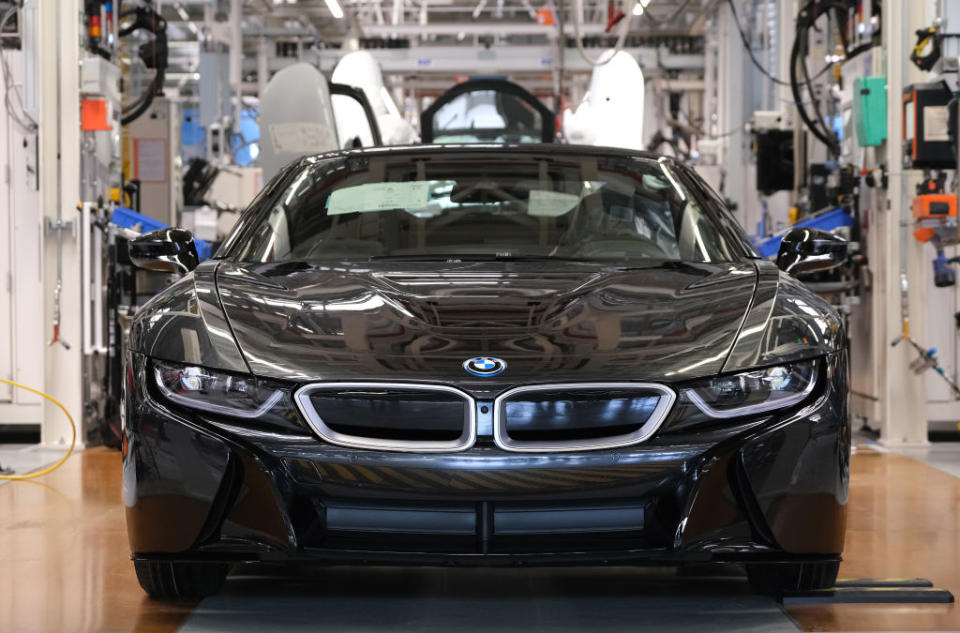Election 2024: Labour to reinstate 2030 ban on new petrol and diesel car sales

Labour has pledged to bring back the 2030 ban on sales of new petrol and diesel cars as part of its general election manifesto.
The party said this would provide “certainty to manufacturers” and “support the transition to electric vehicles” as carmakers ramp up production of greener fleets over the next decade.
It means Rishi Sunak’s controversial decision in September to delay the ban by five years to 2035 would be reversed if Labour wins in July.
As part of its announcement, Labour also pledged to help used car buyers make the switch by “standardising the information supplied on the condition of batteries.”
The decision comes amid growing concern that a lack of available chargepoints, combined with the high cost of EV models, is delaying the roll-out significantly.
The personal finance researcher NimbleFins estimates the average cost of a new electric car is around £50,000, with a price range of between £22,225 and £157,160.
Insurance in particular has proved a complex problem, with the cost of batteries and a shortage of mechanices skilled enough to work EVs an ongoing problem.
According to a survey by Auto Trader last year, close to a third of consumers cited the expense of public charging as a “key barrier” to owning an EV.
The government has seperately introduced the Zero Emissions Vehicle (ZEV) mandate, which fines carmarkers who don’t meet certain EV sales targets.
Ian Plummer, commercial director at Auto Trader, said: “We would welcome the restoration of the 2030 date change in regards to the ban on new petrol and diesel sales.
“Manufacturers and broader industry are already working towards this date following the Zero Emissions Mandate that the government announced last year, so it makes sense to align consumer expectations providing them more certainty.”
RAC head of policy Simon Williams said: “It’s pleasing to see major concerns for drivers, such as local road maintenance and the transition to electric vehicles, high on the list of Labour’s priorities if they win power. However, there is an important issue which is notably absent.
“The promise to restore 2030 as the phase-out deadline for new petrol and diesel vehicles comes as no surprise. Arguably it’s the Zero Emission Vehicle Mandate that’s already in place which is more important, as it’s forcing manufacturers to sell an increasing proportion of electric vehicles over the next few years and should, in itself, help drive uptake.
“However, it remains the case that electric vehicles are still far too expensive for a majority of drivers. The next government has a great opportunity to stimulate demand by reintroducing a plug-in car grant aimed at the cheaper end of the market.”

 Yahoo Finance
Yahoo Finance 